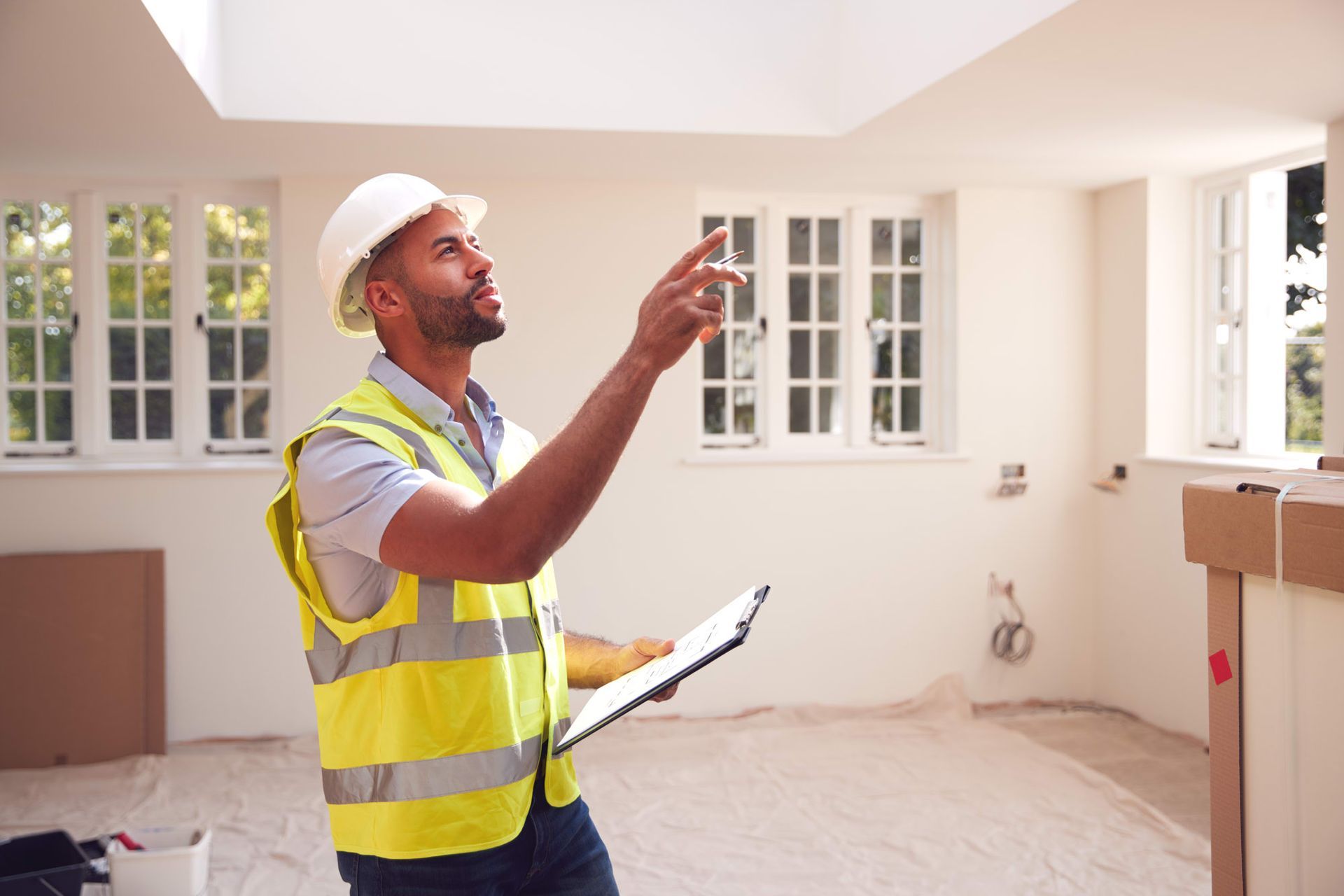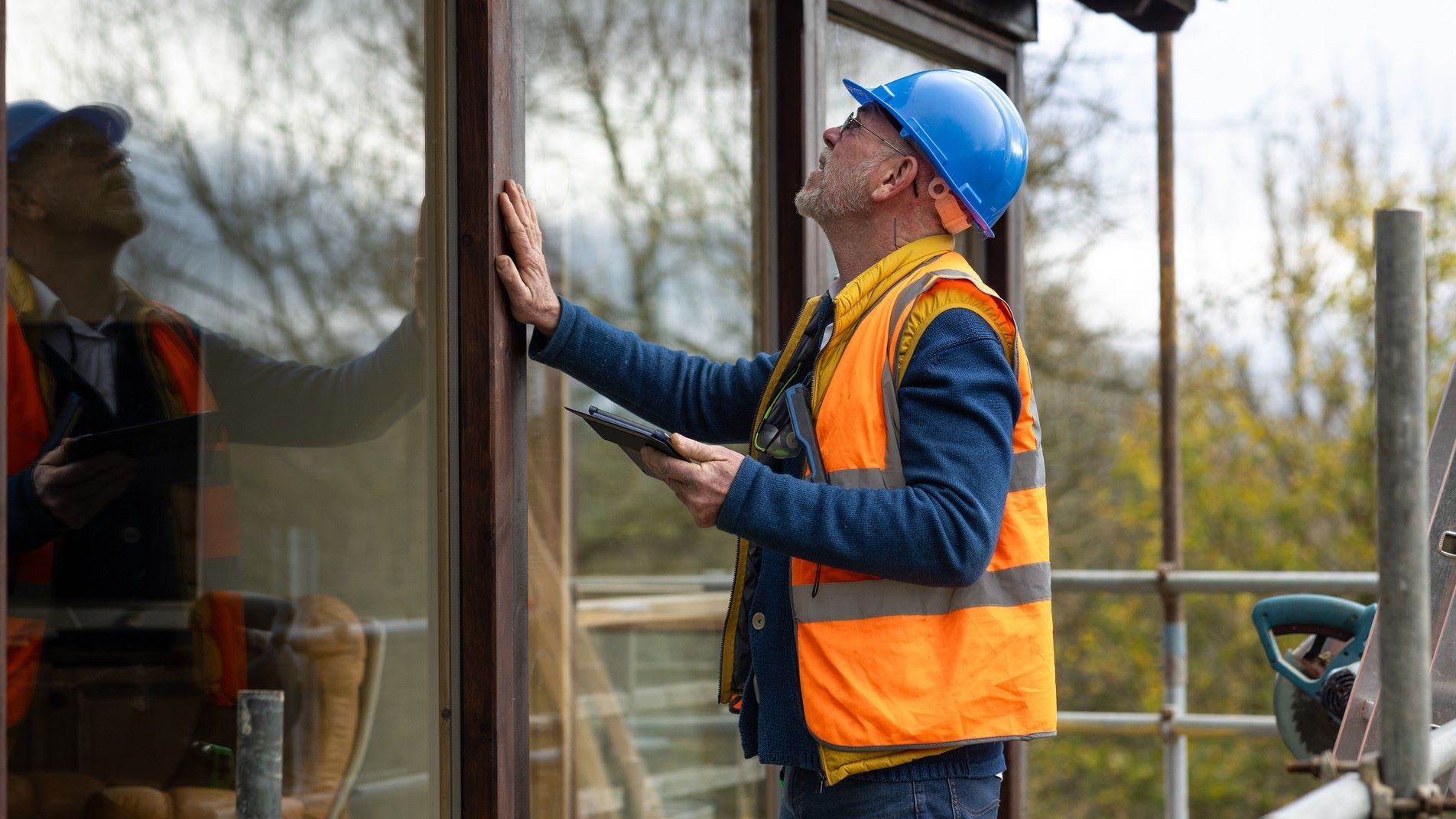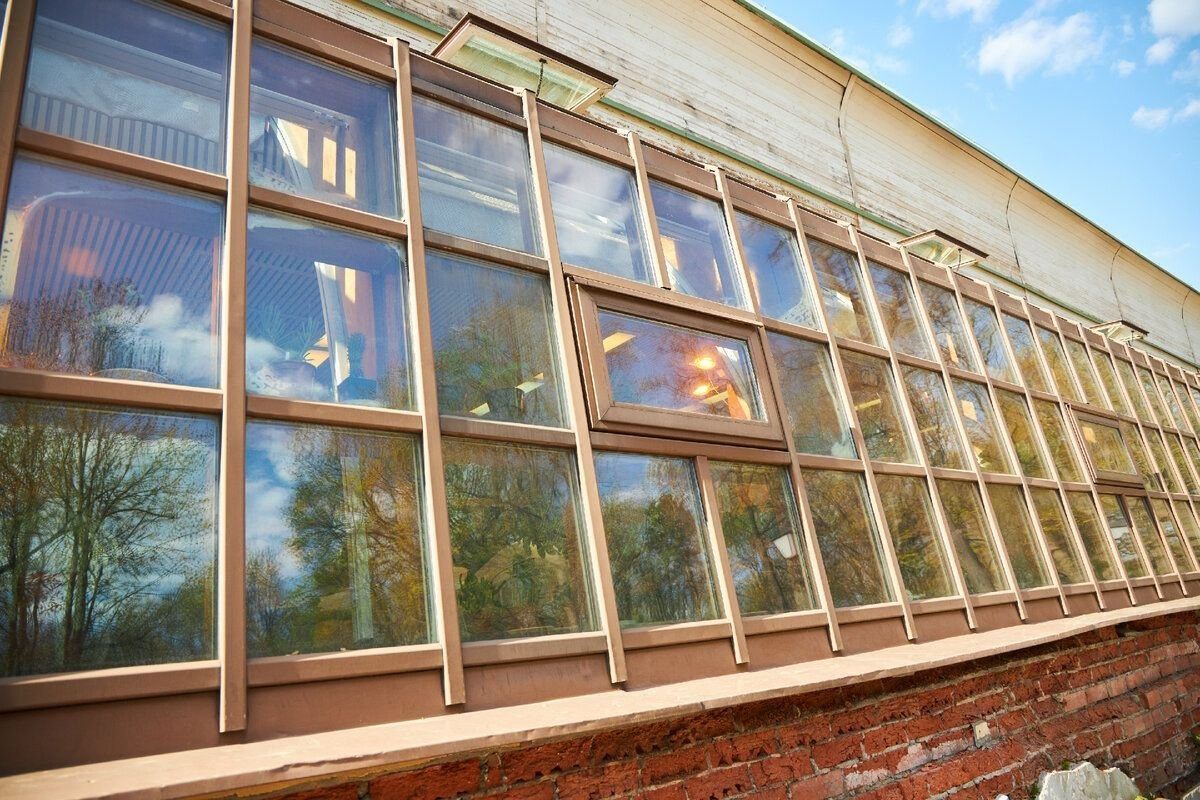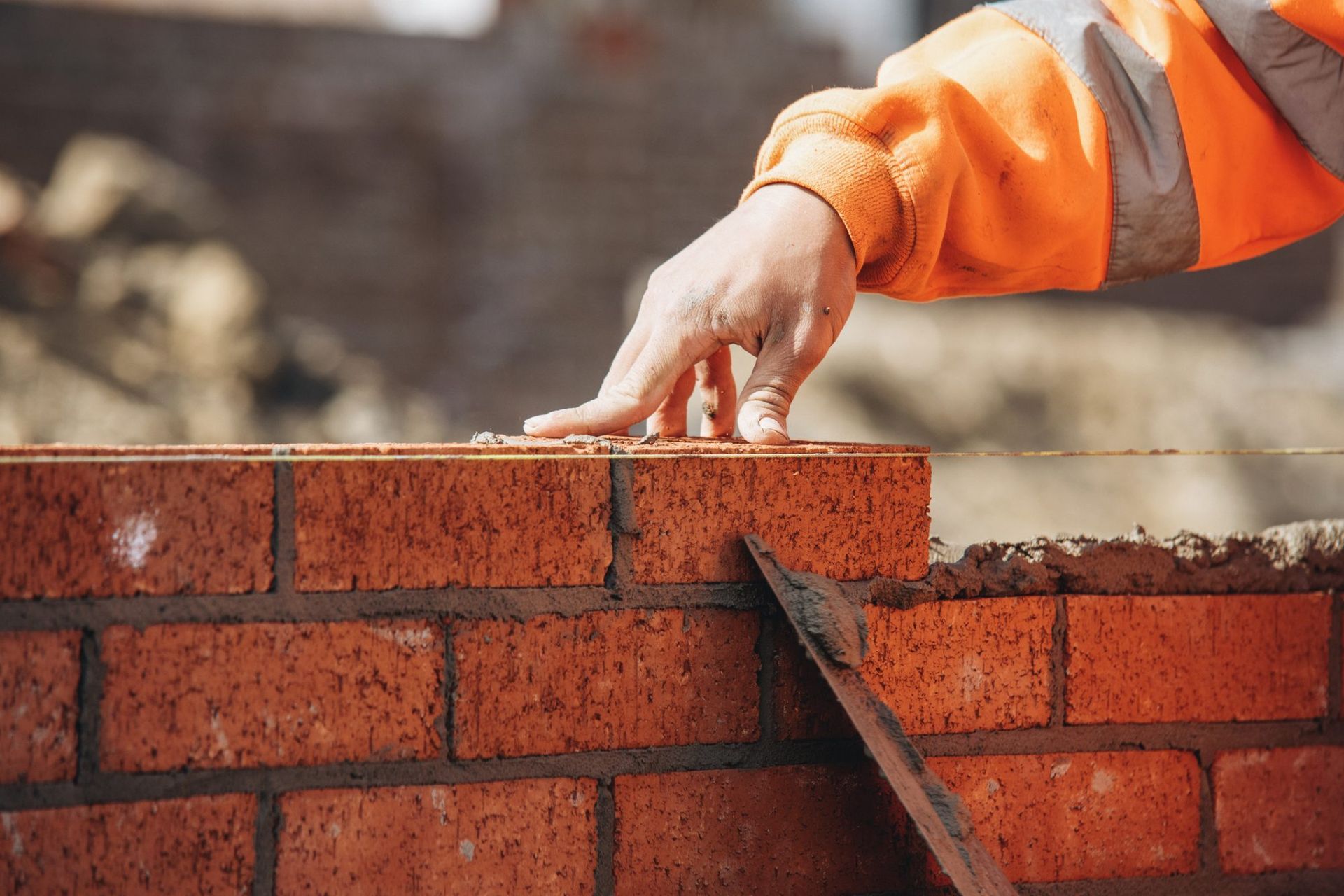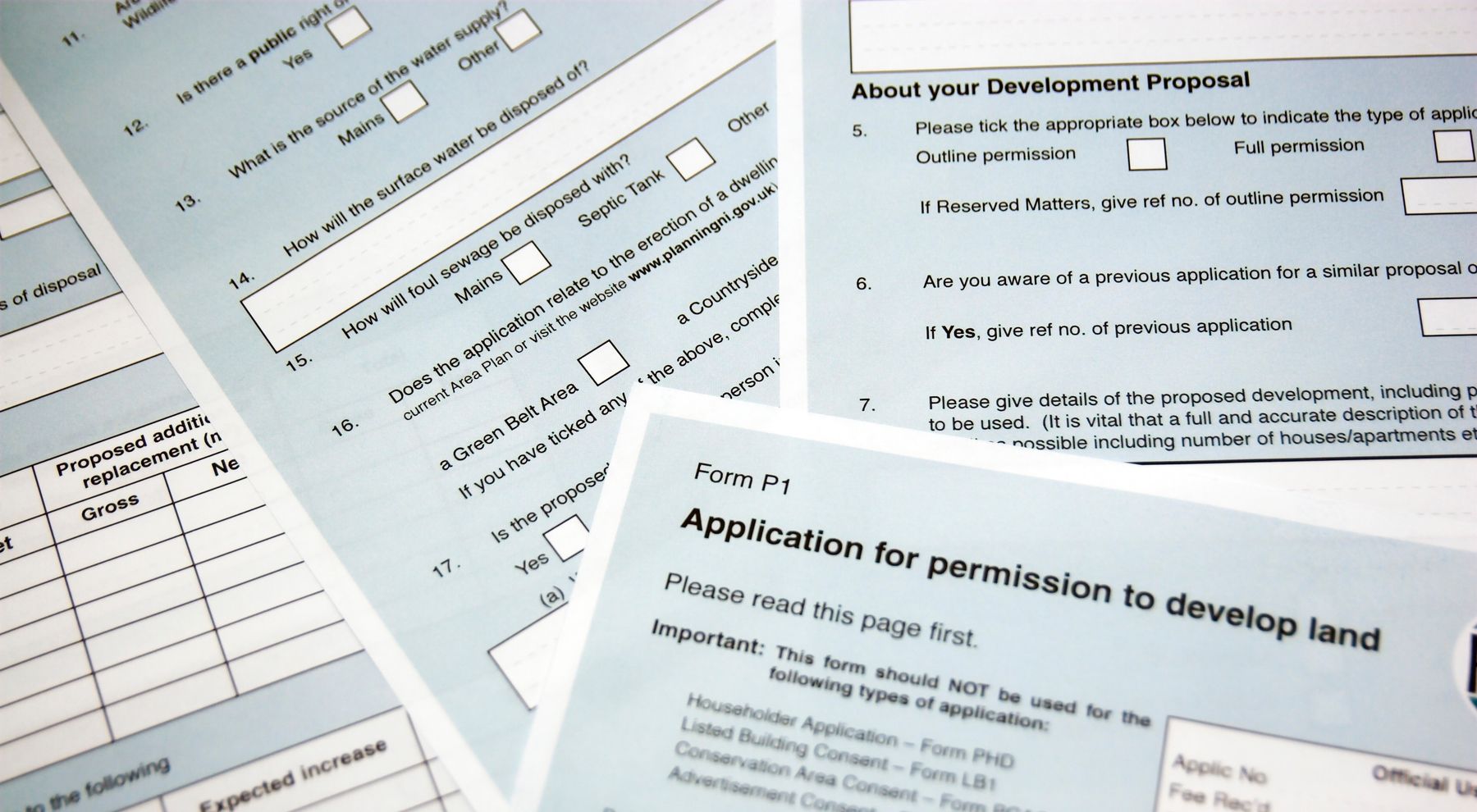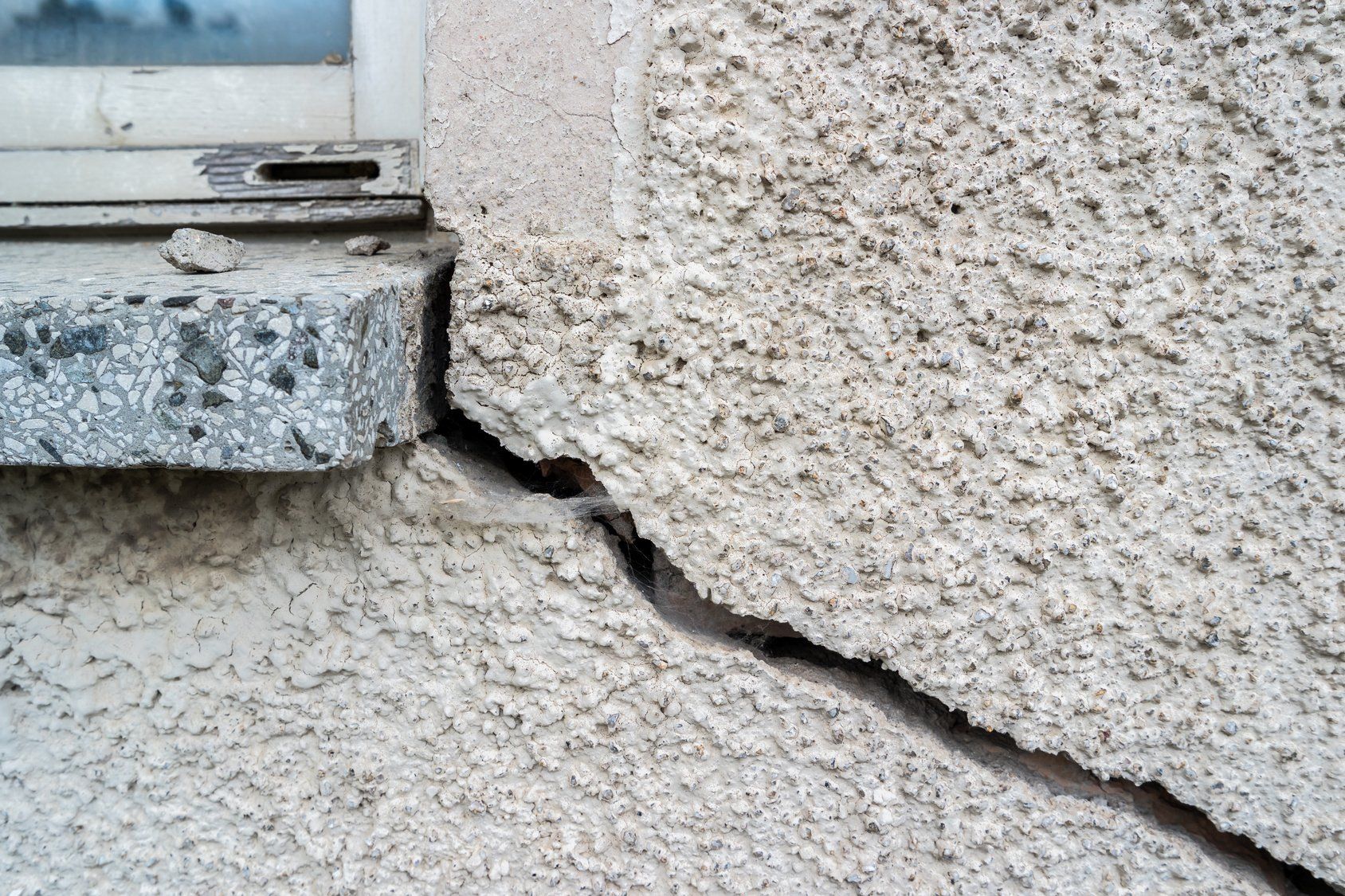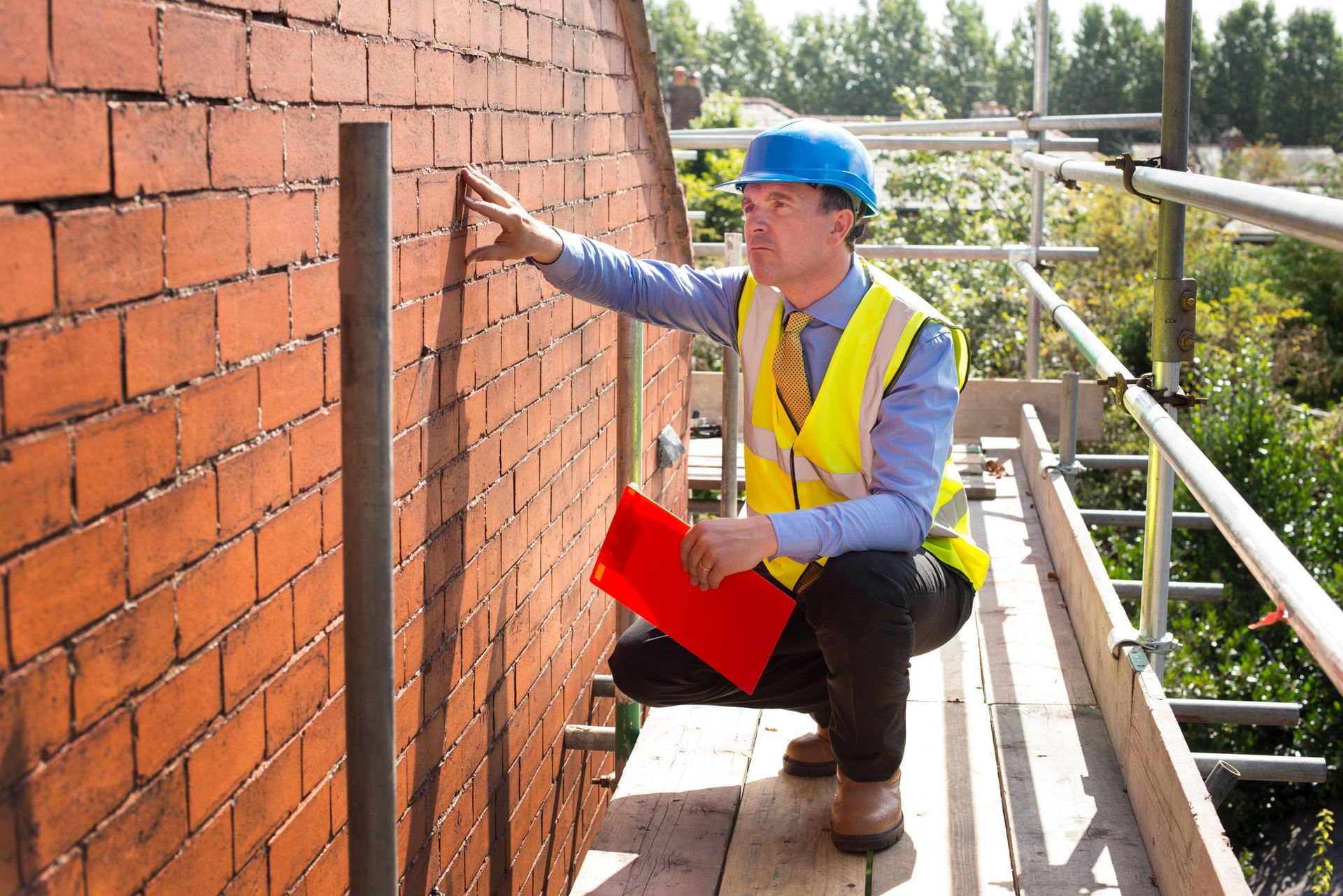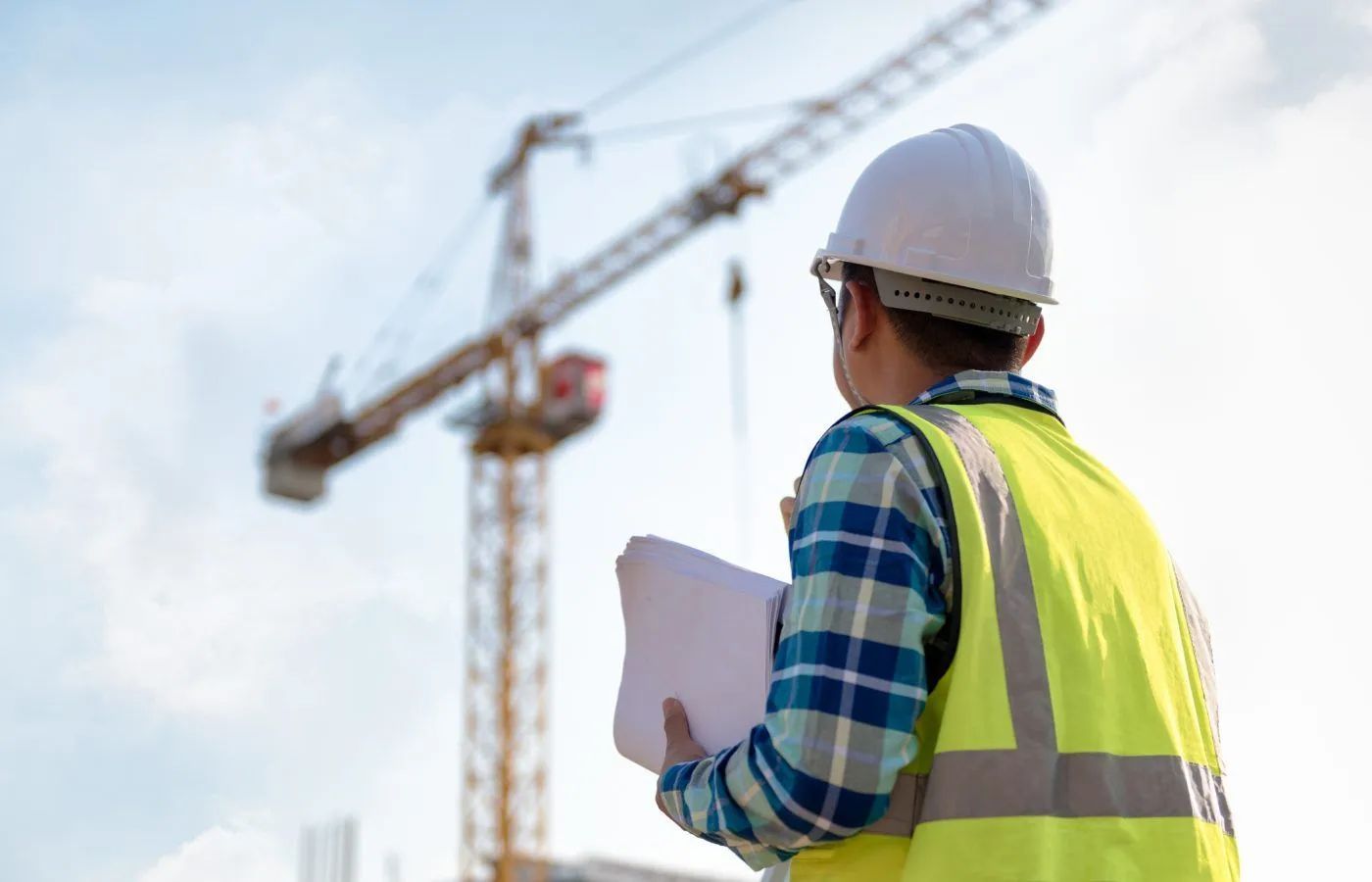11 Questions to Ask When Purchasing Commercial Property
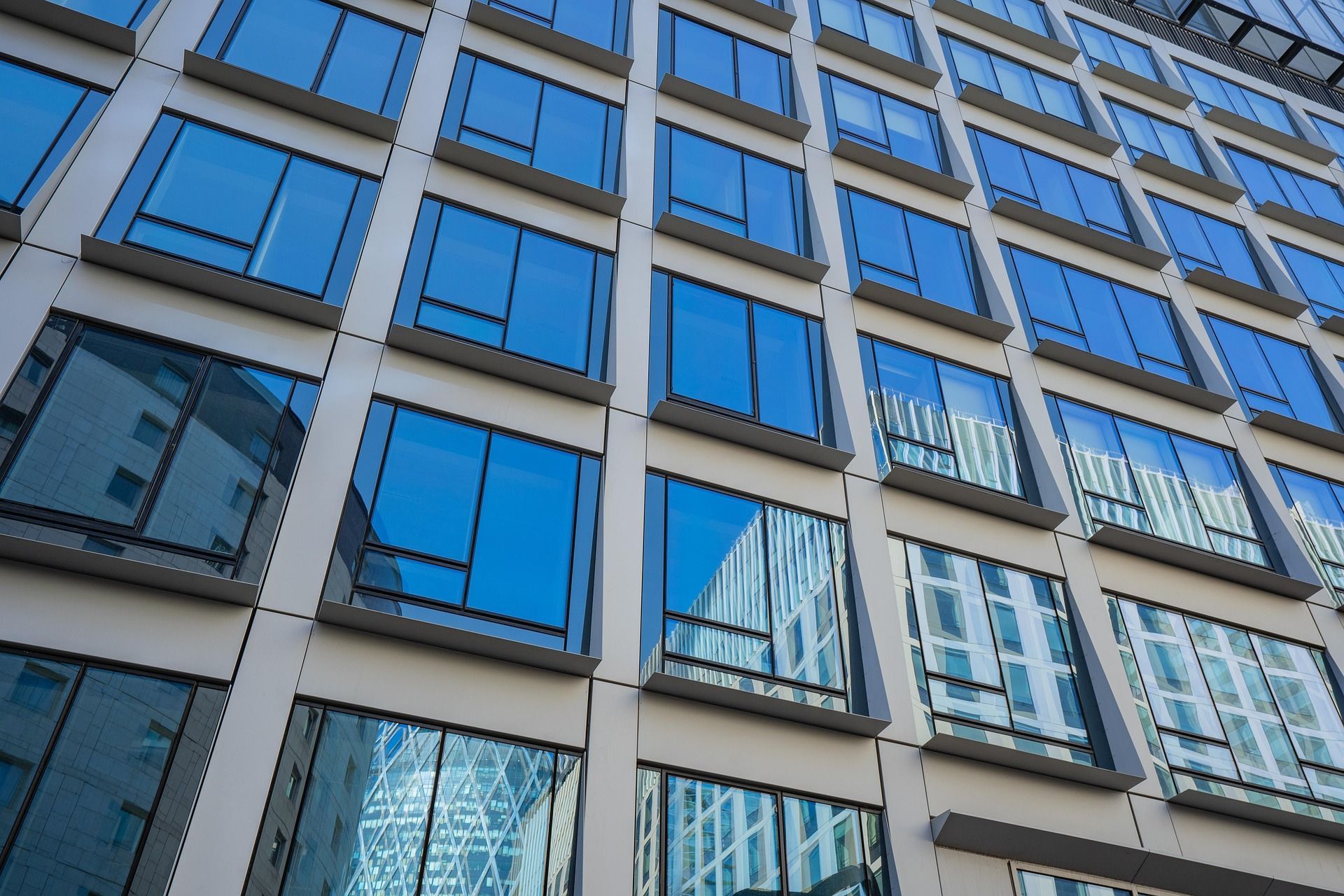
Purchasing your first commercial property is an exciting but daunting prospect. After all, it’s a significant investment for your business, and one that requires plenty of research and due diligence to make certain that you’ve chosen the right space. This is where working with a commercial surveying company can come in handy. We’ve put together 11 questions you should be asking before you take the plunge on a commercial property.
1. What is the Purpose of the Property Purchase?
No matter what type of commercial property you’re looking to buy, you need to be clear on its purpose. The biggest mistake you can make as a business owner is to invest in property without a clear understanding on why you need it and the purpose that it serves you. Create a list of criteria before beginning your search so you can be confident that the properties you view will meet your specific requirements.
2. What Condition is the Property In?
Nobody wants to occupy a property that’s falling apart or is in need of costly repairs, so make sure that you perform a thorough property inspection for any signs of damp, electrical or plumbing issues roof leaks or any other flaws. Working with a structural surveyor will provide you with peace of mind that every part of the property has been checked over by a professional, meaning that any small issues you might have overlooked don’t turn into larger problems.
3. Is the Property in the Right Location?
Location matters in the business world, so you’ll need to assess whether the location of the property in question is right for you and your company. The industry you work in will impact the type of location you’ll need - a retail space, for instance, will benefit from a central location with plenty of foot traffic, while a business where customer parking is required might be better suited to a less built-up area with more space.
You may also need to consider public transport accessibility for your staff or need to determine the volume of competitors located nearby. All of these factors and more will be crucial to deciding whether a location is suitable for your business.
4. Do You Have a Realistic Budget and ROI Goals?
Few people have the luxury of not having to heavily factor in finances into their choice of commercial property. When going into this process, it’s essential to set a firm budget and stick to it - don’t overstretch yourself and make sure you can comfortably make any necessary payments. This includes allowances for hidden costs, such as professional fees and stamp duty, mortgage payments, ongoing maintenance fees and environmental compliances and waste management costs.
You should also set an ROI standard of 10% minimum cash return to make the investment worth your while.
5. Have You Sought Advice from Commercial Property Experts?
While it’s important that you and your team see the property yourself, it’s just as important to take advice from professionals in the industry. When you’re buying a commercial property for the first time, there’s bound to be factors you haven’t considered before or might overlook, so having a second pair of eyes can really help make sure that you’re making a sound decision.
From a conveyancing solicitor to an accountant and an expert structural surveyor, make sure to hire professionals who have the necessary experience to assist you in this venture.
6. Can Accessibility Needs Be Met?
Just like valuable amenities such as parking, you’ll want to think about how accessible the property is for your staff or clients. Whether is a shop or industrial space, accessibility is essential to prevent issues with compliance or frustrated stakeholders down the line. Check that the property has wheelchair access, lifts for those with mobility issues and, if not, how this might be remedied.
7. How Much Flexibility Does the Property Provide Your Business?
Assuming that business growth is your goal, it’s a good idea to find premises that allow you the opportunity to expand when you need to. Commercial property is more sensitive to economic shifts, so your property should be adaptable to any developments in market trends or changes within your business operations.
For example, could you repurpose your property in order to protect your investment and minimise costs if it came to it, such as for co-working spaces, storage facilities, subletting or parking? You might also want to consider whether there are limitations on what you can do within the property; if changing aspects of the building is something you might want to do in the future, make sure this is possible before signing a contract.
8. How Has the Property Impacted Former Occupants?
Are you able to find out how previous commercial occupants have found the site, and whether the property impacted their successes or failures? This can be helpful for learning from their mistakes, or taking advice from things that have worked well for them. Plus, if a previous occupant with a similar business model to yours performed well, you can take this as a positive sign that the property might be a good fit for you, too.
9. Is the Property Eligible for Any Relief Allowances?
The UK Government’s capital relief allowances are designed to help rebuild failing communities, so it’s worth checking if your potential commercial property is eligible for Capital Allowance (against taxable profits). There’s the Business Premises Renovation Allowance (BPRA), or the Land Remediation Relief (LRR) from corporate tax. You can find out whether you qualify with your estate agent.
10. What’s Adjacent to the Property?
It’s also worth paying attention to what’s surrounding your potential commercial premises. For instance, if you’re purchasing a retail space, you want to make sure that you’re not setting up right next to a direct competitor, but it’s also beneficial if the businesses around you are performing well as this may indicate your own success.
Similarly, you should consider how development projects and construction work nearby might impact your own business.
11. Are You Sure You’re Ready to Go Through With the Investment?
While there’s no such thing as a risk-free investment, it’s crucial that you weigh up the pros and cons of each commercial property you have your eye on so you can be certain that you’re making the right decision for your business.
On top of this, don’t be tempted to think that you’ll make a quick profit in the commercial property market. Unlike residential property, which can often appreciate rapidly in sought-after markets, commercial property is generally considered more of a slow burn, and its real value lies in its ability to generate steady rental income, tax advantages and the potential for redevelopment over time.
Book a Property Inspection with an Expert Structural Surveyor
Based in Borehamwood, Watford and Greater London, Simon Levy offer a comprehensive range of residential and commercial surveying services to help you make your commercial property purchase that much easier. Our team can perform a full property inspection before providing expert advice on any maintenance issues that might require costly repairs down the line, saving you money and time in the long run.
To discuss your commercial surveying needs, please get in touch with us.

